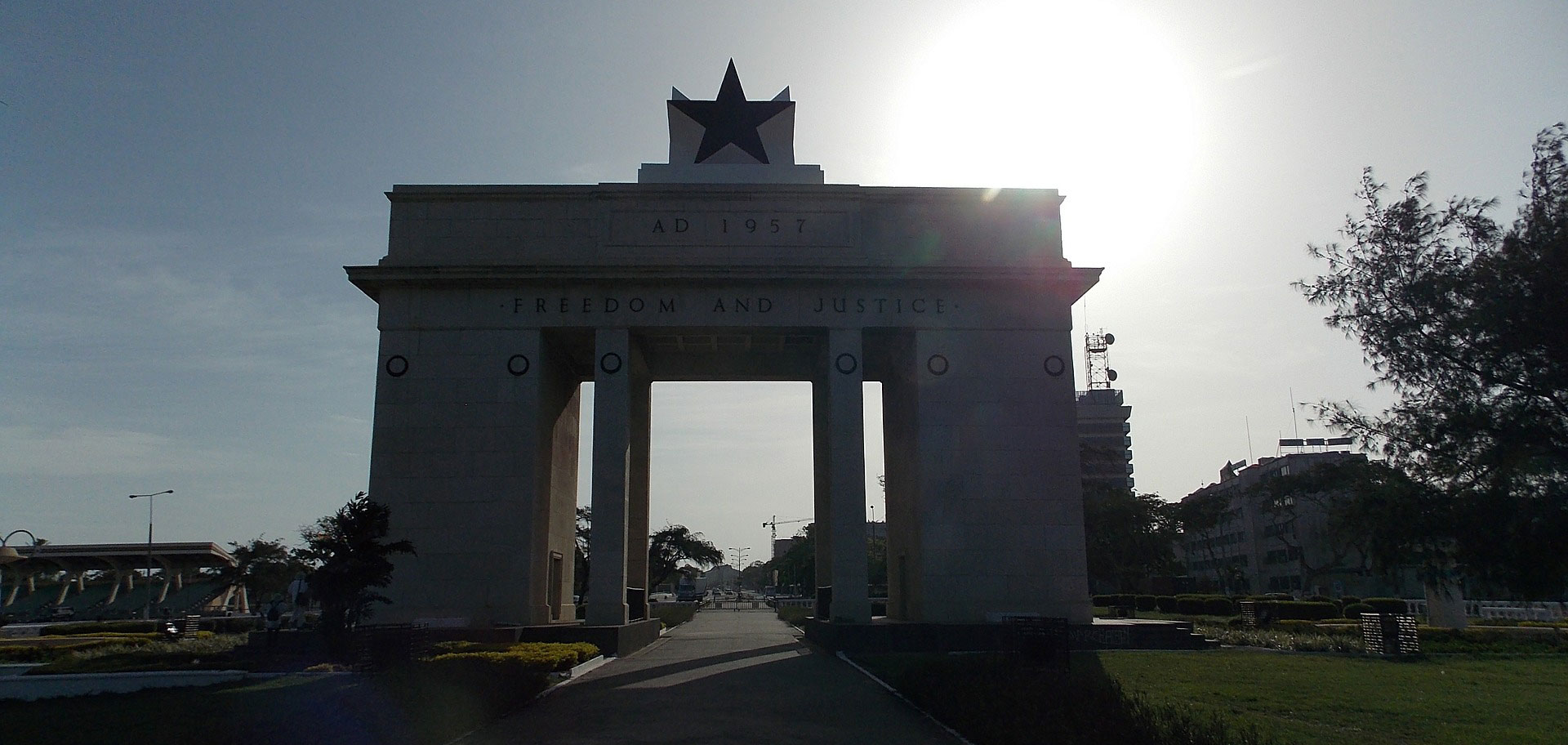Ghana in a nutshell
Foreign Direct Investment (FDI) into Ghana
The Ghanaian authorities have simplified complex and lengthy procedures while also offering tax incentives to those doing business in the country. Ghana is one of the most democratic countries in Africa, with a large and inexpensive labour force, a substantial agricultural base, numerous natural resources and stable institutions. It is also one of the more open economies to foreign equity ownership in the region.
In recent years, FDI flows to Ghana have been increasing steadily, up to 2016. In 2017 inflows of FDI declined by 6.6% from 3.5 to 3.2 billion dollars. But the country remains the fourth largest recipient of FDI in Africa. The country has seen its stock of FDI rise from $ 29.9 billion to $ 33.1 billion between 2016 and 2017 (77.5% of GDP in 2017), according to the UNCTAD Global Investment Report 2018. In 2018 flows are expected to be up, due to the investments made by the Italian group Eni to develop the large gas field of Sankofa.
China had the highest number of investment projects registered with Ghanaian institutions, followed by India, the United Kingdom, South Africa, Turkey, Mauritania and France. Access to electricity, the resolution of insolvency problems and the protection of investors are points on which the country has a large margin of progress. Mining and oil exploration are the main sectors that attract most of the FDI.
Gross Domestic product
The Gross Domestic Product (GDP) in Ghana expanded 1.30 percent in the second quarter of 2018 over the previous quarter. GDP Growth Rate in Ghana averaged 1.62 percent from 2006 until 2018, reaching an all-time high of 7.40 percent in the first quarter of 2011.
Oil and gas
Efforts to commercialise Ghana’s offshore hydrocarbon reserves go back more than 25 years to the establishment of the state-owned Ghana National Petroleum Company (GNPC). Attempts by GNPC to independently assess and take advantage of oil and gas resources in the Gulf of Guinea met with limited success. After more than a decade of unsuccessful exploration, GNPC sought out international partners to assist in their efforts. The result was the 2007 discovery by Dallas-based Kosmos of significant deep water oil and gas reserves in what is now called the Jubilee Field, 60 km offshore. Production began in 2010 and is managed by Tullow, Kosmos and Anadarko in partnership with GNPC. Total production currently amounts to approximately 100,000 barrels of oil and 80 Mscf/d of natural gas (thousand standard cubic feet a day).
Large mineral reserves
Ghana is rich in minerals; the major ones currently being mined are gold, manganese, bauxite and diamonds. The main focus of the Ghanaian mining sector is the exploration and extraction of gold reserves, since gold contributes to over 90 per cent of all mineral exports.
Renewable energy
$230 million has been earmarked to promote the use of renewable energy, particularly in off-grid communities across the country. Seven solar companies in Ghana have been awarded with grants of up to $100,000 each to provide off-grid solutions.

